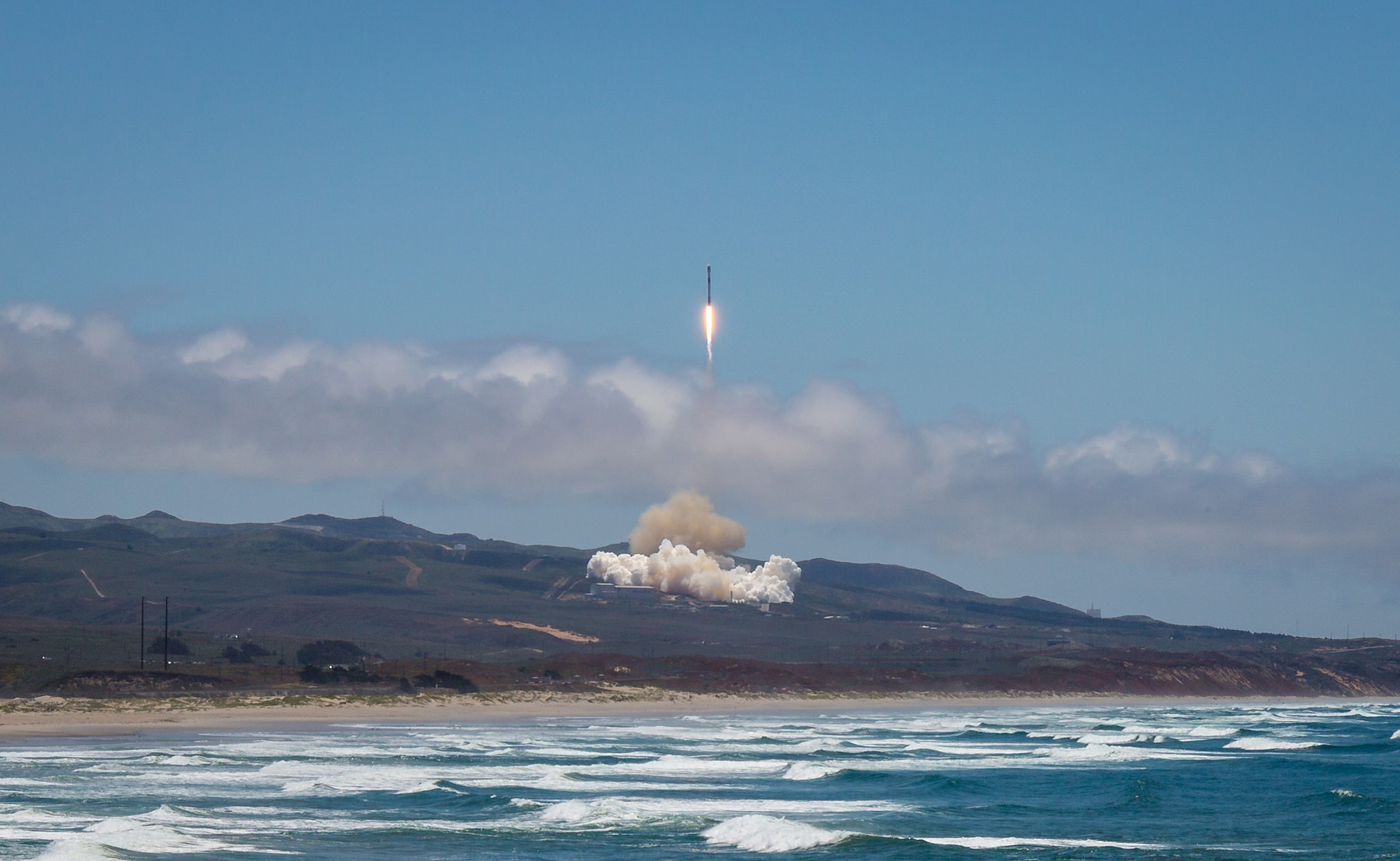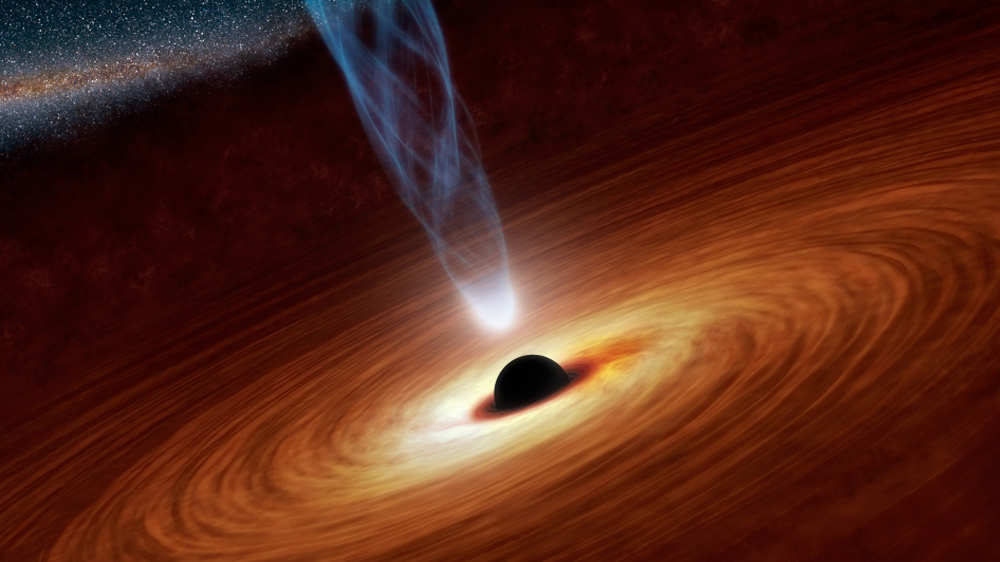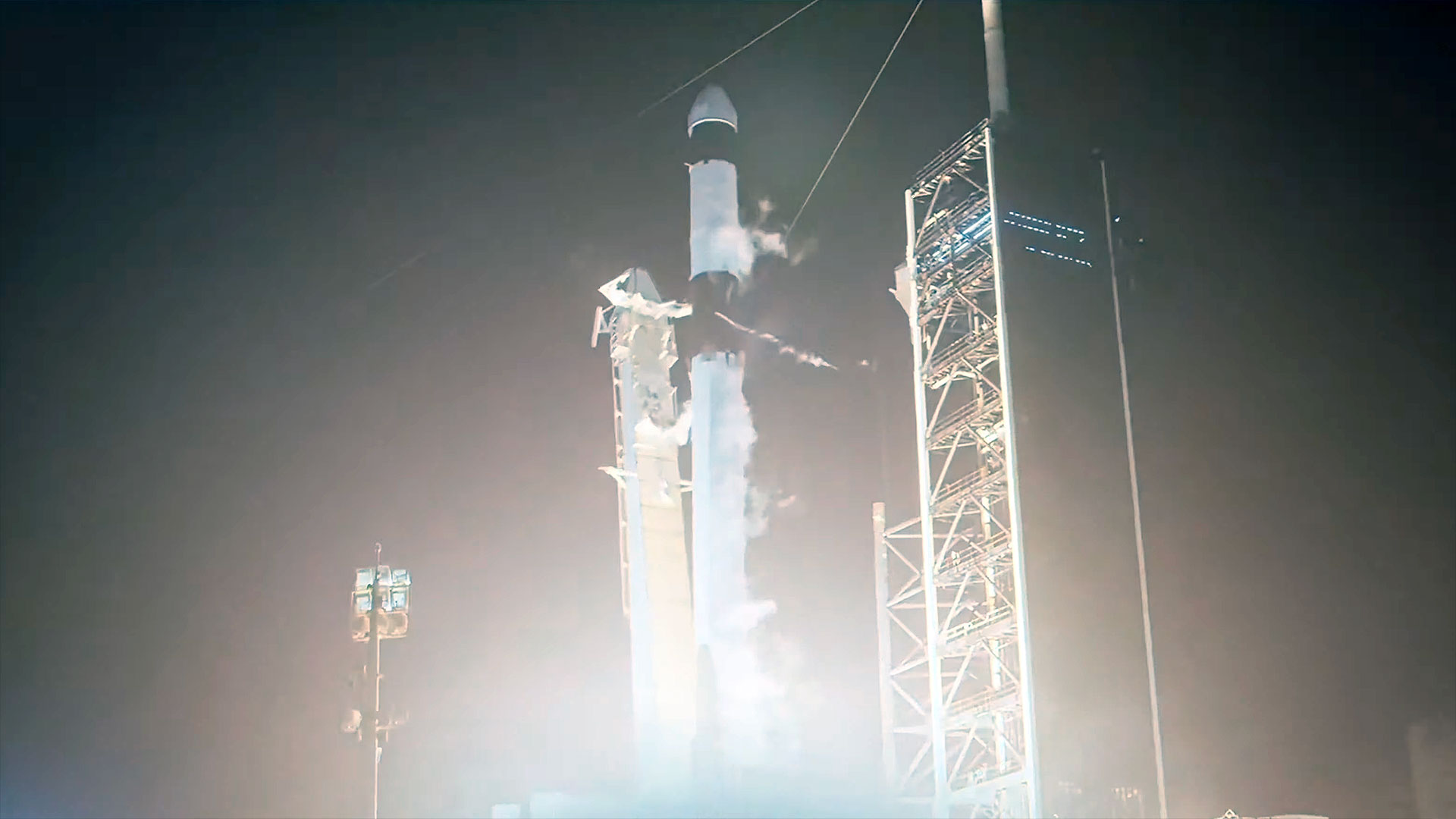Watch SpaceX and Arianespace Launch Satellites Wednesday in Early-Morning Doubleheader

Two rockets will go up — and one will come down — in a pair of commercial satellite launches early Wednesday morning (July 25).
An Arianespace launch is scheduled for 7:25 a.m. EDT (1125 GMT), and a SpaceX launch is scheduled for 7:39 a.m. EDT (1139 GMT), according to Spaceflight Now. You can watch both launches here on Space.com, courtesy of Arianespace and SpaceX.
The Arianespace launch, using an Ariane 5 rocket, will be the company's fourth of the year and will carry four Galileo satellites for Europe, according to a company statement. The Galileo satellites provide global-positioning services across Europe, and Wednesday's launch should complete the network.
The Arianespace launch will take place at Guiana Space Center in Kourou, French Guiana.
The SpaceX launch, using a Falcon 9 rocket, will be the company's second of the week, after a launch from Cape Canaveral in Florida on Sunday, July 22. The company is planning to launch 10 additional Iridium satellites in this constellation, and this is the seventh launch of the series, according to a statement from the company.
The launch is scheduled for Wednesday at 7:39 a.m. EDT (1139 GMT, 4:39 a.m. local time) from Vandenberg Air Force Base in California. SpaceX completed a static fire test of the rocket on July 20, the company tweeted.
After the launch, the company will attempt to land the rocket on a drone ship called "Just Read the Instructions," SpaceX confirmed in a statement.
Get the Space.com Newsletter
Breaking space news, the latest updates on rocket launches, skywatching events and more!
The launch may also include an attempt to catch the rocket's fairing with a giant net stretched across a boat called Mr. Steven. After a failed capture attempt on June 1, the company replaced the net with one four times the size. According to a recent tweet, the company said it intended to use the net sometime in July, which means it could be used for Wednesday's launch.
The Iridium satellites will join a fleet of 55 already in operation as part of the NEXT network, which keeps track of objects participating in the internet of things (IoT). After Wednesday's launch, SpaceX will have just one more batch of satellites to carry before the network is complete, according to a statement from Iridium.
Wednesday's launch comes just three days after the company's most recent flight, on Sunday morning. That rocket carried a Telstar communications satellite and represented the second flight of the company's Falcon 9 Block 5 rocket. Yet another Falcon 9 launch is scheduled for Aug. 2, as SpaceX continues an aggressive launch schedule.
Email Meghan Bartels at mbartels@space.com or follow her @meghanbartels. Follow us @Spacedotcom, Facebook and Google+. Original article on Space.com.
Join our Space Forums to keep talking space on the latest missions, night sky and more! And if you have a news tip, correction or comment, let us know at: community@space.com.

Meghan is a senior writer at Space.com and has more than five years' experience as a science journalist based in New York City. She joined Space.com in July 2018, with previous writing published in outlets including Newsweek and Audubon. Meghan earned an MA in science journalism from New York University and a BA in classics from Georgetown University, and in her free time she enjoys reading and visiting museums. Follow her on Twitter at @meghanbartels.









